As the son of a carpenter from North Cork, I spent most of my childhood falling out of trees, wading through streams, and running through muddy cornfields in the Blackwater Valley. This is what made my first trip to Dubai in 2010 a revelation.
The flight crossed the sparkling azure seas of Persian Gulf before looping around over the golden desert of United Arab Emirates. The moment I caught a glimpse of the Burj Khalifa and my complex relationship with Dubai began. Rising from the desert, a glimmering needle over three-quarters of a kilometre high, the Burj Khalifa, the tallest building in the world, is something from a science fiction novel.
it was as if I had travelled fifty years into the future…
Gazing out the window of my taxi from the airport, it was as if I had travelled fifty years into the future. Outside was a metropolis of skyscrapers rising out of the sand. No grass. No trees. Just concrete, metal and glass. It reminded me of the city from the film, The Fifth Element – all it needed was flying cars.
I knew then I would write about this place, but, by my fifth trip to Dubai (visiting cousins and friends who had all fled Ireland’s economic collapse), I still had no plot for the grand novel I envisaged in my head. Everything seemed so perfect and glossy, a place where western secularism mixes with Islamic religious views with relative ease. How does a person write a novel about a place where everything seems to be working smoothly?
I wrote some poems as I lay on the sun loungers in the apartment complex. I swam and considered short stories as something I might try, where I would write about the guilt-ridden luxury I had experienced as a westerner, like the famously indulgent Dubai ‘brunches’ where one can be served any cuisine (and I mean ANY) in the world while one’s champagne glass is refilled and refilled before it’s half empty. Of course, this champagne glass is filled by a migrant worker.
It was on this fifth trip, as I floated in the outdoor pool, watching the silvery outline of the moon on the blue sky (something that always gives me a shiver), my head finally free from of all chaos back in Ireland, a random connection was made in my head. Dubai was a modern-day Victorian London.
This whisper turned into a series of realisations. Like Victorian London, Dubai is a centre of innovation and cutting-edge technology. It has a small elite group of wealthy people catered to by a large underclass. It has a complex relationship with morality, where public ‘immorality’ is punished but there is an entire underbelly of the city. Finally, Dubai, like much of the British Empire, is built by migrant workers.
When this all clicked, I thought of the great Victorian writer Charles Dickens. I would capture Dubai, in the way Dickens captured London, with viewpoints from across the socio-economic groups: maids, taxi-drivers, Emirates, Westerners, and sex workers.
My favourite Dickens novel, Our Mutual Friend, opens with a body found in the River Thames. Diving for Pearls opens with a body found in Dubai Marina. I finally had my plot. This mysterious death gave my novel the drive it was missing, something for the reader to puzzle over, while I, little by little created a portrait of a flawed but remarkable city.
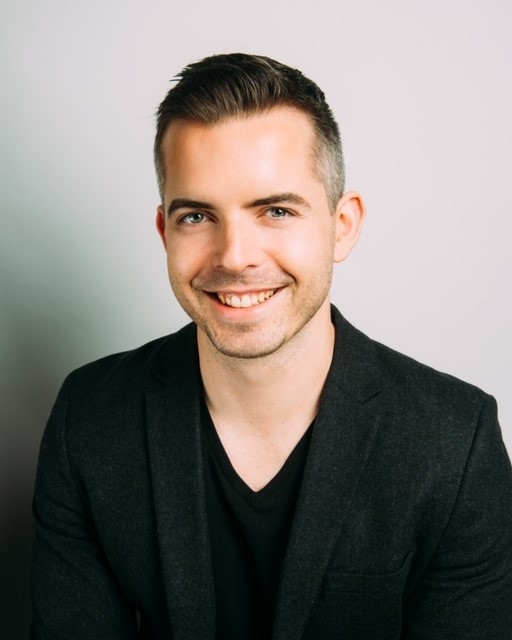
Jamie O’Connell has had short stories highly commended by the Costa Short Story Award and the Irish Book Award Short Story of the Year. He has been longlisted for BBC Radio 4 Opening Lines Short Story Competition and shortlisted for the Maeve Binchy Travel Award and the Sky Arts Futures Fund. He has an MFA and MA in Creative Writing from University College Dublin. He has worked for Penguin Random House, Gill Books and O’Brien Press. Diving for Pearls is his first novel.

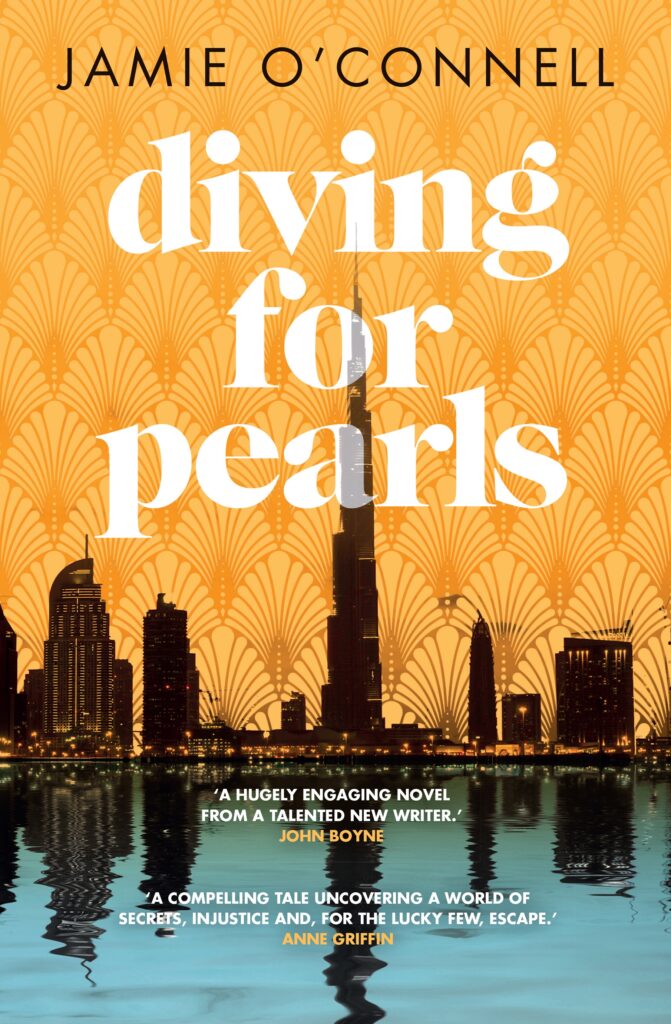


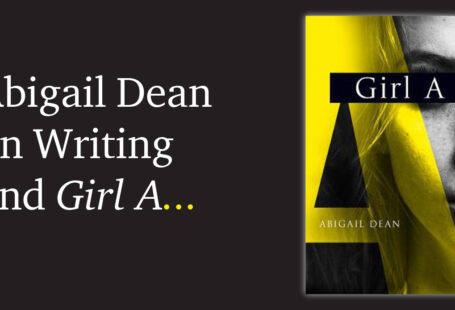
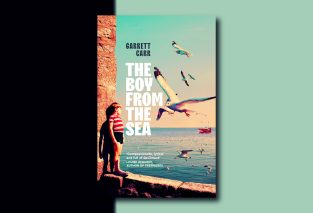
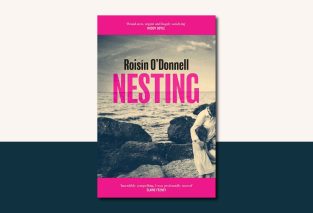
Recent Comments